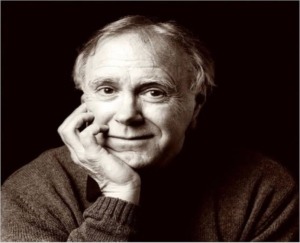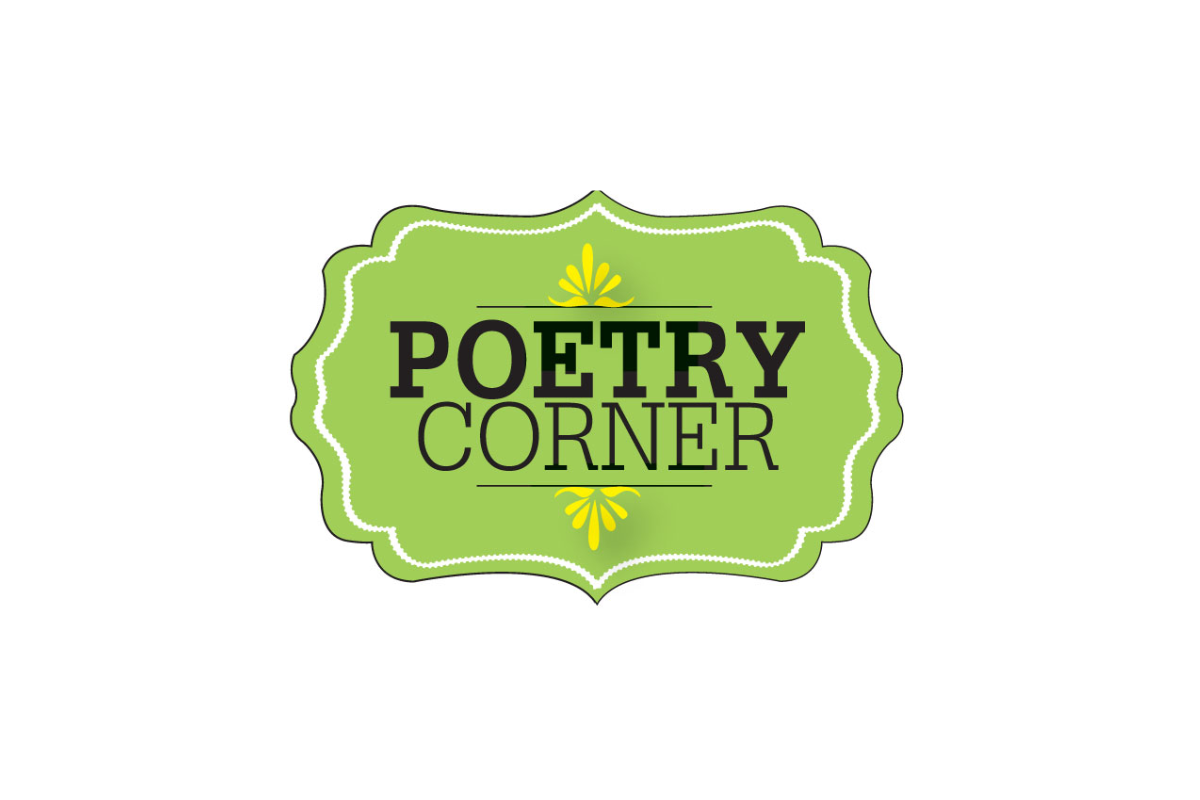By Norah Christianson
A Story About the Body
By Robert Hass
The young composer, working that summer at an artist’s colony, had watched her for a week. She was Japanese, a painter, almost sixty, and he thought he was in love with her. He loved her work, and her work was like the way she moved her body, used her hands, looked at him directly when she made amused and considered answers to his questions. One night, walking back from a concert, they came to her door and she turned to him and said, “I think you would like to have me. I would like that too, but I must tell you that I have had a double mastectomy,” and when he didn’t understand, “I’ve lost both my breasts.” The radiance that he had carried around in his belly and chest cavity–like music–withered very quickly, and he made himself look at her when he said, “I’m sorry. I don’t think I could.” He walked back to his own cabin through the pines, and in the morning he found a small blue bowl on the porch outside his door. It looked to be full of rose petals, but he found when he picked it up that the rose petals were on top; the rest of the bowl–she must have swept them from the corners of her studio–was full of dead bees.
“A Story About the Body” is a prose poem. Prose poem sounds like an oxymoron. Actually, it is simply a poem written in prose form (not broken into verse lines), but with poem characteristics such as concision, brevity, metaphors, symbols, imagery and intensity. (The Bible, for instance, contains many instances of prose poetry.)
Robert Hass’s poem, “A Story About the Body,” has always intrigued me. A young composer thinks he is in love with an older, foreign (and therefore exotic) Japanese painter. She senses their mutual desire and offers herself to him—but along with the advisement that she has no breasts. At once, the “radiance” he had been feeling “withers” and he tells her, “I’m sorry. I don’t think I could.”
When I was young, I thought him a cad. I thought he obviously didn’t really love her. I thought, “Men are so obsessed with breasts!” I thought that I felt what she must have felt—that he was a shallow ass who only saw things superficially, not seeing beneath the surface. I thought of him as an egotistical boor incapable of loving anyone who was not as perfect as himself. I believed I felt her hurt.
But I’m older now and I see both sides. I have seen mastectomies, and they are not pretty. I see that he was young. That such scarring might have frightened or repelled him, or both. I see that he was at least honest, perhaps a little bit brave in that he “made himself look at her” when he told her, “I don’t think I could.”
And, too, I think of the artist differently now. She was older, “almost sixty,” and perhaps had experienced this kind of rejection before and become inured to it. Or, I think, she was at least mature enough now, philosophical enough, not to have had it wound her too greatly.
Of course, I do think—and with a sense of regret—about how appearance has so much to do with our attraction to one another. It might be hard for someone to be attracted to a 400 lb. suitor. Really, if we are truthful, have we never rejected someone because we were put off by some aspect of their body? Are we supposed to offer our lives up on the altar of kindness in order that we not hurt someone feelings?
Those dead bees. A literature professor might interpret them as being symbols of the decay in the young composer’s heart. Might see the rose petals as symbols of romantic love, or the young man’s pink cheeks, or the artist’s lipsticked lips, or simply, the professor being the artistic type, as a complimentary color to the blue bowl. And what about that little blue bowl? The professor might say, “Ah, that little blue bowl! What could that mean but that the composer had little blue balls?” I have read crazier interpretations than that.
The fact is, the image of the bowl full of bees and petals is ambiguous. Did the artist mean to rebuke him? Forgive him? Put a hex on him? What? The reader is left to interpret this. Thus the blue bowl with its strange contents is open to multiple interpretations. The poem has a clear literal meaning…except for the end. I leave you to figure it out. I certainly can’t. Just remember: poems always have a little bit of mystery to them.

Robert Hass, born in San Francisco in 1941, has served as Poet Laureate of the United States from 1995 to 1997. He was brought up by an alcoholic mother—a major topic in the 1996 poem collection Sun Under Wood. Hass is Distinguished Professor in Poetry and Poetics at the University of California, Berkeley, and lives in California with his wife, the poet Brenda Hillman.
Anne Waldman, Chancellor of the Academy of American Poets has said of Hass: “He considers with both a calm and steady meditative gaze the dignity and beauty of the quotidian, the mystery and endangered powers of Nature, the heart break of our warring realities, and the vision of a greater good. He is a national and international treasure.”

